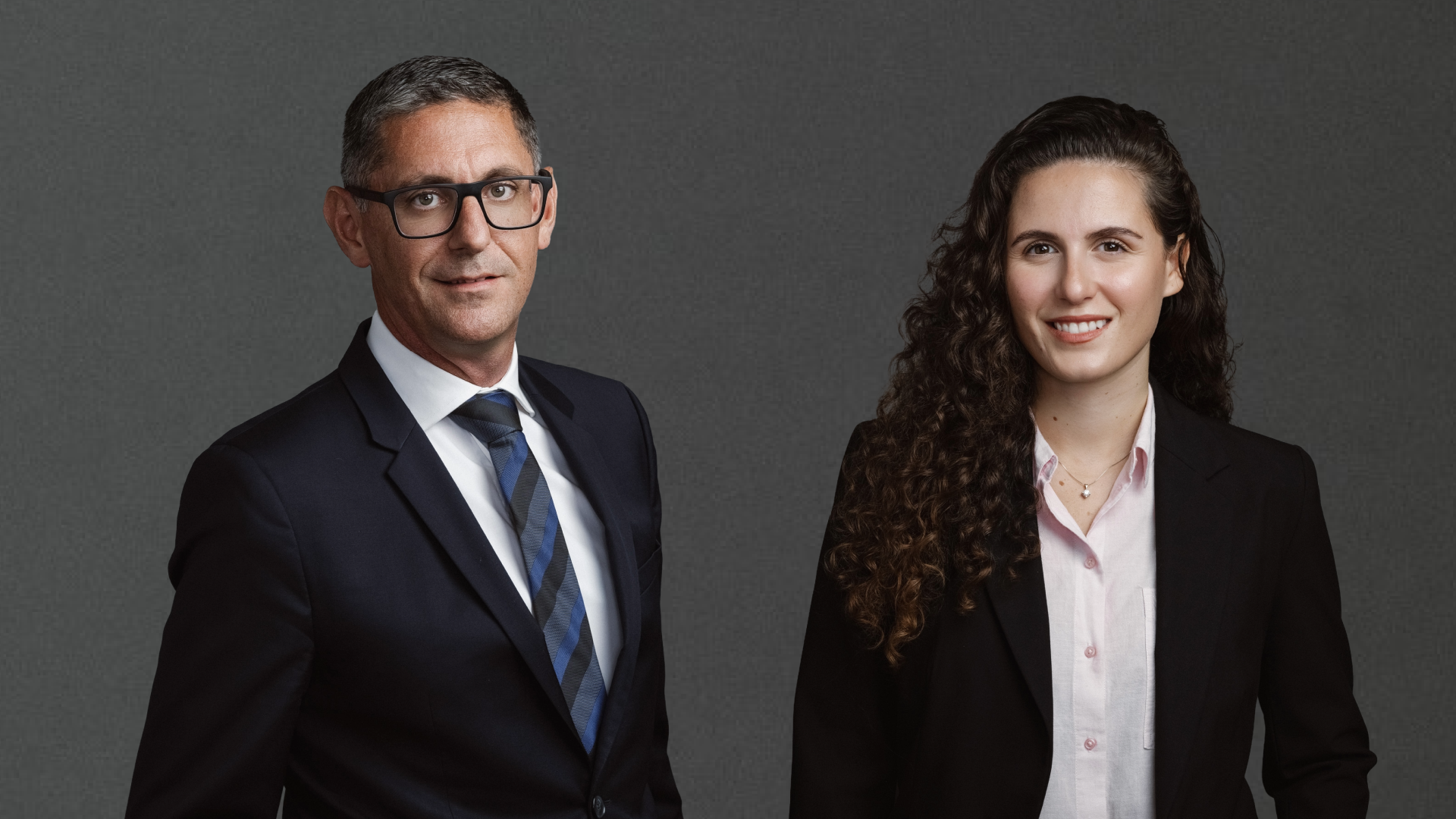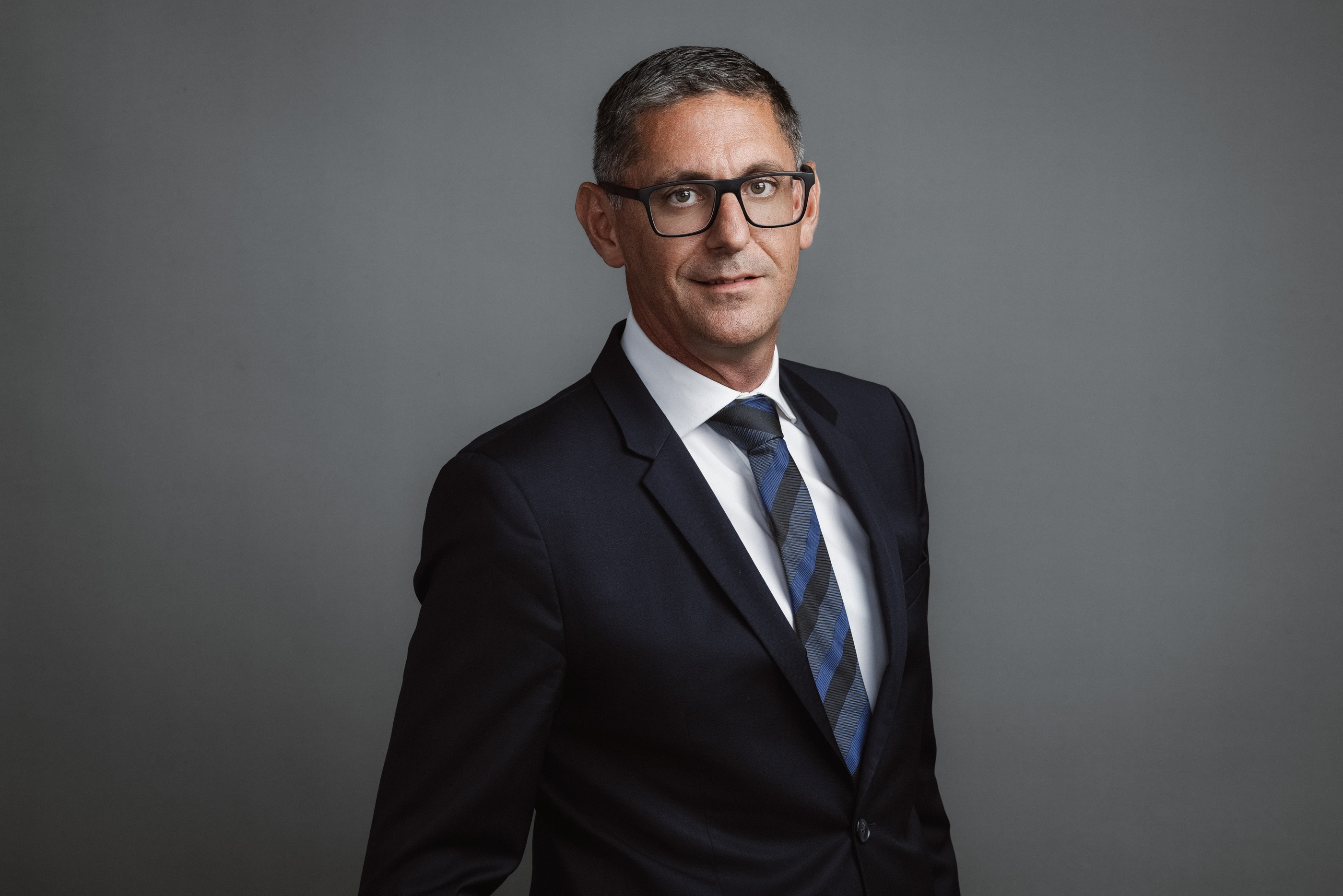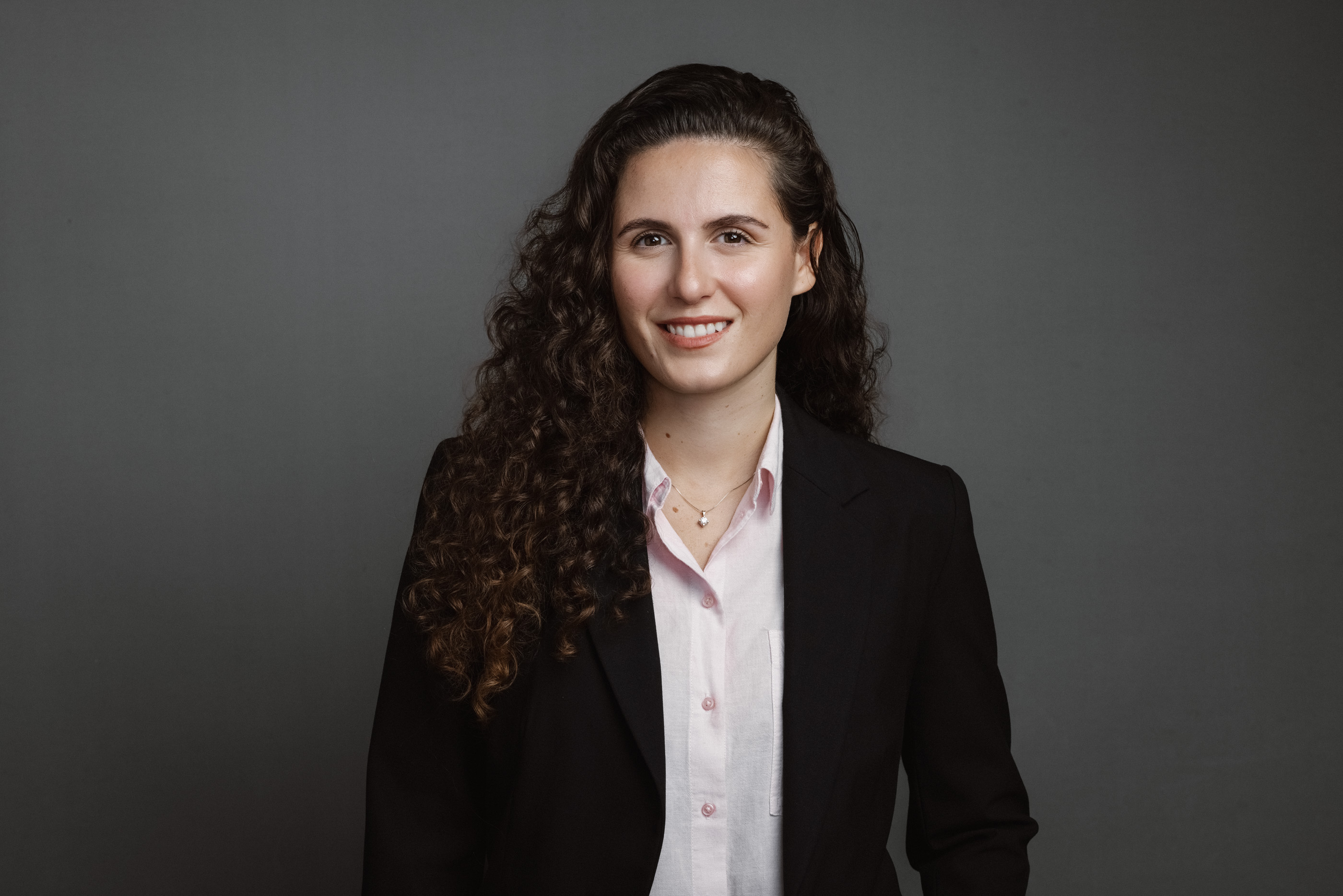Family Offices: a matter of trust

Barely nine months have passed since Malta brought into effect an update to the Malta proposition for single family offices. What makes this offering unique and why is the revised regulatory platform, distinctive in its approach, worth considering?
The Malta proposition for family offices as formulated by the Malta Financial Services Advisory Council (MFSAC) in collaboration with the Malta Financial Services Authority, essentially identified a number of tweaks to the pre-existing legislative framework regulating Private Trust Companies (PTCs) and Notified Professional Investor Funds (NPIFs) in Malta. The overriding objective was to ensure a fit-for purpose regulatory environment in which Single Family Offices could be established and thrive.
The outcome is precisely that, a framework which ensures an appropriate level of regulatory oversight, as necessary to protect the jurisdiction from abuse, while allowing freedom and flexibility for Single Family Offices to structure themselves and to conduct their activities in the manner best suited to their purpose, realities and objectives.
As is often stated “When you’ve seen one family office, you’ve seen one family office”, so this freedom and flexibility lie at the very heart of the MFSAC family office project. Indeed, each family office is unique and therefore requires a unique solution, but the important thing is to lay fertile ground in which these solutions can take root.
The chair of the MFSAC Working Group, Conrad Cassar Torregiani, certainly thinks that this has been done – and although it is too soon to talk about results – the initial reaction from professionals and individuals (families, HNWI, family offices) involved in the identification and selection of jurisdictions has been very positive.
“It is important to remember that the new proposition on family offices is a finesse on what Malta already offered. The new rules in essence provide the jurisdiction with a fit-for-purpose regulatory platform to position Malta as a jurisdiction of choice when considering how to structure a family office, as we've seen done in other jurisdictions such as Singapore.”
“The national risk appetite has been defined through consultation with the pertinent regulators and as a result, the private sector is aligned. There is now a carefully developed solution, which ensures certainty of outcomes thereby removing any ambiguity which may previously have represented an obstacle for the choice of Malta as the domicile of choice for a given Single Family Office,” he said.
The preferred structuring tools underpinning the MFSAC proposition for family offices –which intend to include within their scope the management and investment of the wealth of the family – is the use of a Notified Professional Investor Fund (NPIF). This is an optimal fund vehicle due to the simplified regulatory procedure around its initial registration and ongoing maintenance. A material part of the project was in fact the recalibration of the eligibility criteria for NPIFs within the context of Single Family Offices.
“NPIFs rely on – as the name implies – notification as opposed to the more robust, lengthy and time-consuming licensing procedure one would typically be subject to when registering other types of fund structures,” he explained.
In addition to the streamlined notification procedure available, the new rules now allow an NPIF to be managed by an exempt fund manager, a feature only available in a single family office context, MFSAC Working Group member Elena Grima Tortell added.
“This, in practice, implies one less layer of burdensome licensing requirements, which families are often keen to hear,” she added.
Thresholds have been established for the use of NPIFs in this context: in order to qualify, the family would need to hold at least €50 million in aggregate net asset value and a minimum of €5 million must be invested in the NPIF.
Dr Cassar Torregiani explained why it was important for the jurisdiction to – at least initially – establish a meaningful threshold which is intended to ensure that the platform is used by the kind of Single Family Office that the underlying vision was hoping to attract to our shores.
“You may ask whether this is too high and whether it may, in fact, limit the catchment area? Apart from the fact that it is quite low when you consider the amounts handled by family offices, I think that from the jurisdiction point of view, it was important to start off with a suitable target,” Dr Cassar Torregiani said.
Dr Grima Tortell added “It is important to keep in mind the objective behind this initiative: to encourage the establishment of a family office or a branch of a family office in Malta with proverbial ‘boots on the ground’ creating high value add employment opportunities in Malta with minimal environmental impact. Ultimately the threshold needed to be calibrated to the individuals that we were looking to attract from overseas.”
The NPIF regime, now officially launched by regulator Malta Financial Services Authority, is being promoted overseas.
Of course, the ‘light touch’ regulatory framework and the speed to market that it offers is only one of the elements that will have an impact on decision-makers. Malta’s location in the centre of the Mediterranean and its EU membership also adds tremendously to its appeal, as does its lifestyle, low crime rate, and competitive cost structure. The authorities are also redefining the taxation rules governing highly qualified persons and employees holding senior leadership positions of family offices in Malta.
However, there are other legal considerations worth mentioning: one is the amendments to the definitions and extended scope to the PTCs, which is the trustee used to manage the affairs of the trust set up for the benefit of the family and which in essence houses the family office. Unlike a general trustee company, which can manage any trust, the private trust company is set up exclusively for the benefit of a single family which would, in principle, manage the affairs and the wealth of the family office, which would in turn invest in an NPIF managed by an exempt fund manager.
“How the vehicle is structured depends on the specific needs of the family and the family office, which can handle everything from concierge services to managing investment portfolios. But the recently updated framework provides certainty of outcomes in that there is now a clear understanding of how one may structure a family office in Malta in order to secure access to the purpose-built legal framework which the jurisdiction offers, ” he said.
Dr Grima Tortell noted that a compelling and unique feature of the PTC is that it may, at the family’s discretion, be managed and controlled by a board of directors composed also of members of the family itself, together with the family’s trusted advisors.
“This means that the family may retain an element of control, influence and visibility over the management of the family office and its assets,” she said.
“This may be appealing for some as a third-party trustee, despite having a business relationship with a member of the family, may lack a deeper understanding of the families’ values and long-term vision.”
“The private trust company is set up as a body corporate, a legal entity without a finite existence, unlike an individual whose involvement is inevitably limited by mortality, making it a valuable long-term vehicle for a family office that may span multiple generations.”
Why has the jurisdiction only focused on Single Family Offices, as opposed to multifamily offices serving several families?
“While multifamily offices may be viewed as family focused, they are fundamentally commercial service providers offering professional wealth management services to high-net-worth families, operating like any other professional services firm, and should be treated accordingly when it comes to regulation and oversight. The regulatory platform for Single Family Offices was simplified because it recognised the implicit lack of a potential conflict of interest between the family, the wealth being managed and those charged with its management,” he said.
A challenge historically faced locally by family offices incorporating trust structures is the securing of local banking services. The Working Group, via the framework of the MFSAC, has also engaged with the Malta Bankers’ Association (MBA). This ensures that they are aware of the proposals and so far, “no red flags have been raised”, Dr Cassar Torregiani said, another positive step. Of course, any commercial bank will decide on its own risk appetite but the aim of the Working Group was to seek broad-based consensus around risk appetite and appropriate safeguards which should hopefully reassure the MBA’s member when exploring the possibility of entering into business relationships with single family offices seeking to establish themselves locally.
What does Malta see as its optimal approach? Dr Cassar Torregiani sees the most important niche, initially, as being the establishment of branches by existing family offices, particularly ones based outside the EU who may want a presence within the EU.
“In today’s landscape, the assets of a family office, more than ever before, have a global reach and this is why family offices want a presence closer to the markets they are investing in,” he stressed.
Of course, the jurisdiction can only go so far on its own: it is now down to the local professionals – and of course, FinanceMalta – to go out there and spread the word and “evangelise”, as Dr Cassar Torregiani said.
“This is part of the financial services strategy and it also ties into the country’s economic vision, as recently laid down in the Vision 2050. We offer an entire ecosystem for financial services.
“It's now up to the private sector to educate themselves and have conversations with their counterparts overseas within relevant formal or informal networks. We need to go out there, spread the word and create awareness. Hopefully, in the not-too-distant future, we will be able to promote Malta on the basis of success stories: these are ultimately the most powerful marketing tool there is,” he said.

